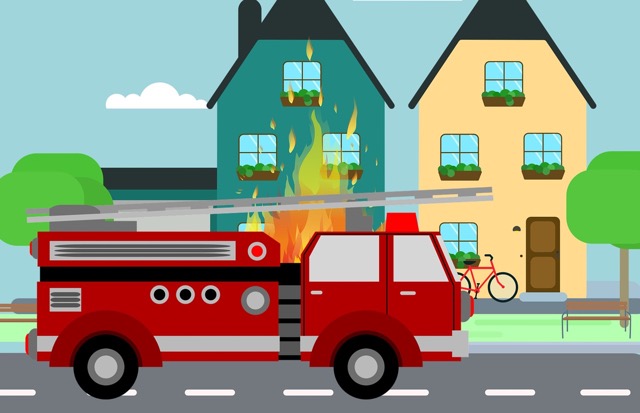If you buy a new car in North Carolina, you have the benefit of the state’s “Lemon Law,” which can force a dealer to replace your vehicle or give you a refund if it has repeated mechanical problems.
Unfortunately for fire departments, local governments and emergency services departments, the law doesn’t cover vehicles such as fire trucks and ambulances. However, NC State Rep. Jon Hardister said this week that he’s now working on legislation that will extend Lemon Law protection to emergency vehicles.
Hardister said he got the idea for the new legislation from the Pleasant Garden Fire Department – which has run up against the issue. Hardister said he’s spoken with other lawmakers about the issue and there seems to be a good deal of support.
Pleasant Garden Fire Department Chief Chad Garrett is one person who certainly wants to see a Lemon Law for the vehicles his department purchases.
“We had a truck that gave us some problems that have been corrected and our board asked if there was a Lemon Law for emergency vehicles,” Garrett said, adding that the department did some checking and found out that North Carolina law doesn’t currently offer that protection. “Jon Hardister was at one of our board meetings and the idea was brought up. Since then, Jon has been working on it and hopefully it will get put into law for future issues.”
The state’s current Lemon Law protects new car buyers when the auto is taken back to the dealer for repairs four or more times in the first two years or first 24,000 miles – or if repairs have put the vehicle out of service for an extended period of time.
However, the current Lemon Law doesn’t apply to vehicles that weigh over 10,000 pounds, which means fire trucks and ambulances don’t get that protection.
Guilford County Emergency Services Director Jim Albright said the proposed new law on the table would help protect taxpayers and the investments that local governments and others have made into public safety vehicles.
“The public safety community is very supportive of Representative Hardister’s attempt to extend the consumer protection on vehicles to emergency apparatus,” Albright wrote in an email. “This equipment is very complex and costly to our communities, and essential to protecting our citizens.”

